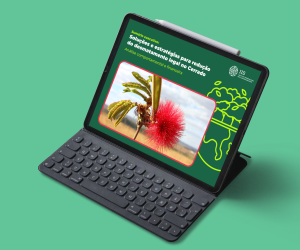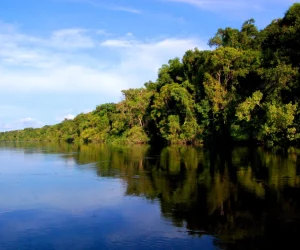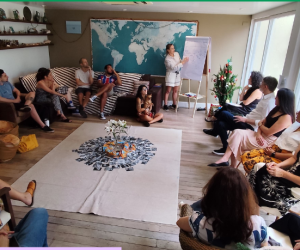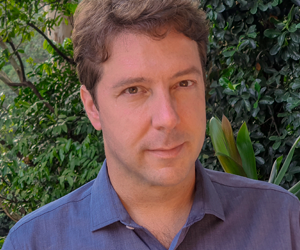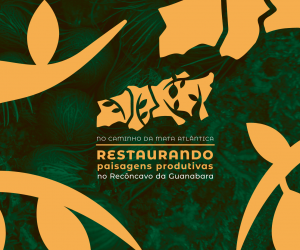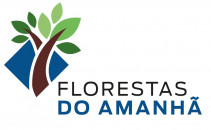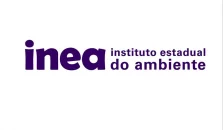News > Event
27.06.24
Rural Environmental Registry Task Forces Promote Environmental Compliance in Magé and Guapimirim
To promote the environmental compliance of small rural properties, the “The Atlantic Forest Trail: restoring productive landscapes in the Guanabara Reconcave” Project, in partnership with INEA, held two Rural Environmental Registry (CAR) task forces in the cities of Magé and Guapimirim. The CAR is an electronic registration mandated by law for all rural properties and is the first step towards the environmental regularisation of these properties. The events aimed to support rural producers in registering or rectifying their CAR.
The first drive took place in Magé on 6 June at the Centre for the Production and Propagation of Improved Seedlings and Seeds (Cepam), under the Municipality. In Guapimirim, the event was held at Cine +, in Praça Aguinaldo Pereira. Rural property owners were received by the Project team for document submission and directed to tables where INEA technicians carried out the CAR registration or rectification. After the process, the owners received printed confirmation of the registration or rectification, as well as a booklet about the Environmental Regularisation Programme (PRA) containing basic guidelines on forest restoration.
In Magé, 16 new registrations and 5 rectifications were carried out, covering an area of 147.15 hectares. In Guapimirim, there were 8 new registrations and 7 rectifications, covering an area of 85.57 hectares.
The project extends its gratitude to the property owners who attended and to the partners who contributed to the organisation and mobilisation of the drives. Special thanks go to INEA, EMATER-Rio, the Agriculture Department of Magé, and the Agriculture and Environment Departments of Guapimirim.
The project is a joint initiative of the International Institute for Sustainability (IIS) and Caminho da Mata Atlântica (CMA), with partners including the Reserva Ecológica de Guapiaçu (REGUA), the Brazilian Agricultural Research Corporation (Embrapa) Agrobiology, Agroicone, the Socio-Environmental Institute (ISA), and the Association of Organic Farmers of the State of Rio de Janeiro (ABIO). The project is funded by the Forests of Tomorrow Programme, an initiative of the State Secretariat for the Environment and Sustainability (SEAS), via the Atlantic Forest Fund (FMA-RJ), with the Brazilian Biodiversity Fund (FUNBIO) as the operational manager.

